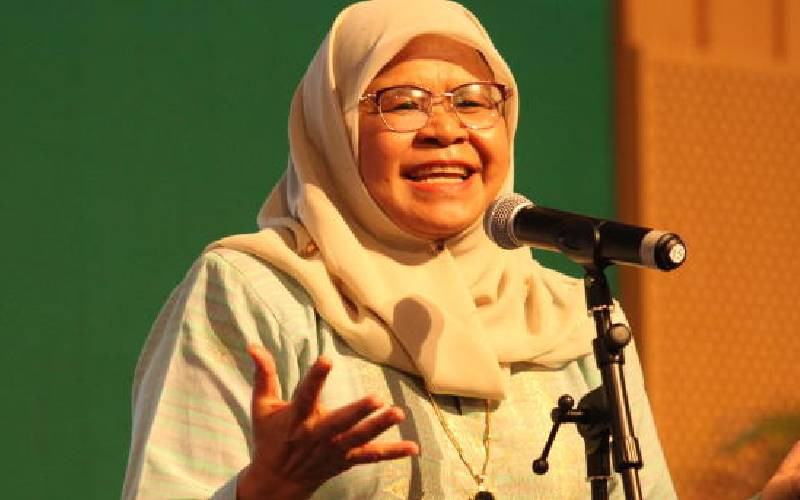×
The Standard e-Paper
Home To Bold Columnists

Upon entering the United Nations Office in Nairobi for the first time in 2018, I understood the tasks before me would be challenging. As the first Asian woman to serve as Executive Director of UN-Habitat, I felt humbled and proud.